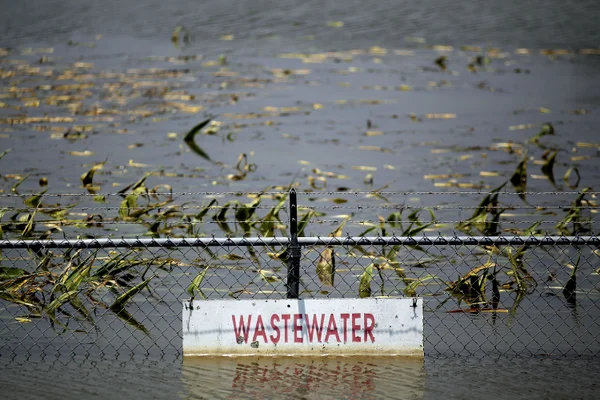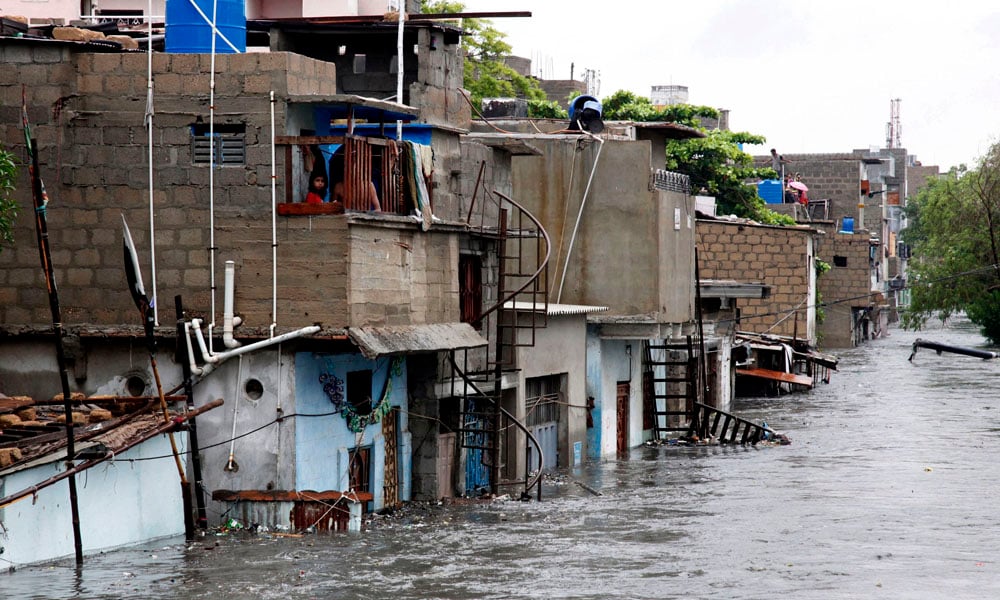Imagine walking into your business one morning only to find it flooded with contaminated water from a sewer backup. It’s not just an inconvenience; it’s a serious issue that can halt operations immediately. Your employees are at risk of health issues, and your property can suffer extensive damage. While you might think about tackling the cleanup yourself, consider the legal liabilities and the intricate procedures involved. Experts have the right equipment and know-how to handle such disasters efficiently. So, before you roll up your sleeves, think about what’s truly at stake if it’s not done right.
Immediate Operational Halt
Imagine the chaos when a sewer backup forces your business to come to a sudden stop. Customers are turned away, employees are left idle, and your revenue takes an immediate hit. A sewer backup doesn’t just disrupt your daily operations; it can cause long-term damage if not addressed swiftly.
You’ve got to close your doors, cancel appointments, and deal with the mess, all while your competitors continue to serve your customers.
Your first instinct might be to grab a mop and start cleaning, but that’s a mistake. Sewer backups often involve contaminated water that can ruin equipment, inventory, and even the building’s infrastructure. The longer you wait to get professionals involved, the worse the damage can become.
Professional cleanup services not only have the right tools but also the expertise to assess the situation and mitigate further damage. Every minute counts. Delaying professional intervention can result in prolonged downtime and increased repair costs. Your business’s reputation is at risk too; customers may turn to competitors if they see your business isn’t operating efficiently. Act quickly to get your operations back on track and protect your bottom line.
Health Risks for Employees
Beyond the immediate operational halt, a sewer backup poses significant health risks for employees. The contaminated water can harbor harmful pathogens like E. coli, hepatitis, and other bacteria that cause serious illnesses. When employees come into contact with this contaminated water, whether through skin contact or inhalation of airborne pathogens, they’re at risk of contracting infections that can lead to severe health problems.
Exposure to sewer backups can also trigger respiratory issues. Mold and mildew thrive in damp, contaminated environments, releasing spores into the air. Breathing in these spores can exacerbate asthma, cause allergic reactions, and lead to respiratory infections. Employees with pre-existing health conditions are particularly vulnerable to these airborne threats.

Moreover, the psychological impact shouldn’t be underestimated. Working in an environment contaminated by sewage can cause significant stress and anxiety. Employees may feel unsafe or uneasy, which can reduce overall productivity and morale. The lingering odor alone can make the workplace unbearable, leading to increased sick leave and reduced employee satisfaction.
Given these substantial health risks, it’s crucial to prioritize employee safety by ensuring that only qualified professionals handle the cleanup. Don’t jeopardize your team’s health—let experts manage the situation to restore a safe and healthy work environment.
Property Damage
Sewer backups can wreak havoc on your business property, causing extensive and costly damage. Contaminated water can seep into walls, floors, and furnishings, ruining almost everything it touches. The longer it sits, the more damage it does, leading to the growth of mold and mildew, which can be notoriously difficult to eradicate.
The structural integrity of your building can also be compromised, as water weakens the foundation and other critical components. Office equipment, inventory, and important documents are all at risk. Imagine losing computers, servers, or sensitive paperwork to a sewage flood.
The cleanup process isn’t only labor-intensive but also needs specialized equipment and expertise to ensure thorough decontamination. Standard cleaning methods won’t suffice; you need experts who know how to properly disinfect and restore your property.
Additionally, a sewer backup can render parts of your building unusable for extended periods. This means you might’ve to close down sections or even your entire business while repairs are underway. The disruption to your daily operations can be a logistical nightmare, leading to further complications and delays.
To protect your property and ensure a swift recovery, always rely on professional cleanup services.
Financial Impact
When disaster strikes, the financial impact of sewer backups on your business can be staggering. Immediate expenses pile up quickly, including emergency plumbing services, water damage restoration, and the replacement of damaged inventory. These costs can drain your operating budget and force you to reallocate funds from other crucial areas.
You’ll also face the loss of revenue due to business downtime. If your establishment has to close for cleanup and repairs, every hour of lost operation translates to missed sales and dissatisfied customers. Additionally, if you run a restaurant or any business dealing with health and safety regulations, you might incur fines or penalties for not meeting sanitation standards.
Insurance claims can be another financial headache. While your policy might cover some damages, the process is often lengthy and complex. You might need to pay out of pocket initially and wait for reimbursement, putting a strain on your cash flow.
There are potential long-term financial repercussions like increased insurance premiums. After a major claim, insurers may hike your rates, leading to higher operational costs moving forward.
In essence, the financial fallout from a sewer backup can affect your business in both immediate and lasting ways.
Long-Term Business Disruption
The financial impact is just one aspect of the challenges posed by sewer backups; the disruption to your business operations can be even more damaging in the long run.
When a sewer backup occurs, you’re forced to halt your daily activities, leading to immediate losses in productivity and sales. Your employees may have to stop working, which not only reduces output but also impacts morale. Customers might be turned away or experience delays, damaging your reputation and customer loyalty.
Moreover, the cleanup process isn’t quick. Even after the initial mess is addressed, you might face ongoing issues like lingering odors, mold growth, and structural damage that require extensive repairs. This means you could be dealing with disruptions for weeks or even months.
During this time, your ability to serve your customers is compromised, which can lead to a long-term decline in business. Your supply chain might also take a hit. Delays in production or service delivery can cause suppliers to look elsewhere or result in missed deadlines for your clients.
In the end, the long-term disruption from a sewer backup can be far-reaching, significantly affecting your business’s overall health and growth potential.
Legal Liabilities
Facing a sewer backup isn’t just a logistical nightmare; it can also open the floodgates to various legal liabilities. If your business experiences a sewage spill, you’re potentially liable for any health issues it causes. Employees or customers exposed to hazardous waste might file claims for medical expenses or even sue for damages. This could lead to hefty legal fees and settlements, draining your resources.
Additionally, environmental regulations are strict when it comes to sewage spills. You could face fines or sanctions if you’re found non-compliant with local, state, or federal environmental laws. The cleanup process itself needs to adhere to specific guidelines, making it imperative to have experts handle it.
Property damage is another concern. If the sewer backup affects neighboring properties, you might be held responsible for repairs and compensation. Your business insurance may not cover all these costs, leaving you to shoulder the financial burden.

